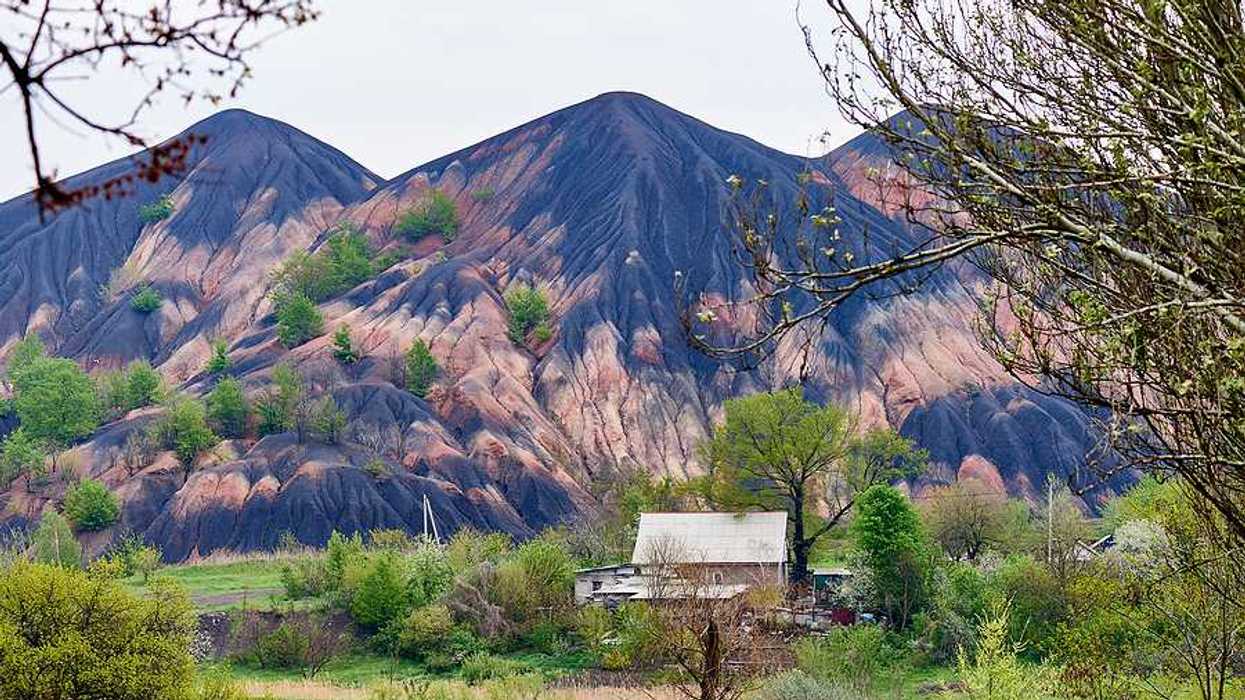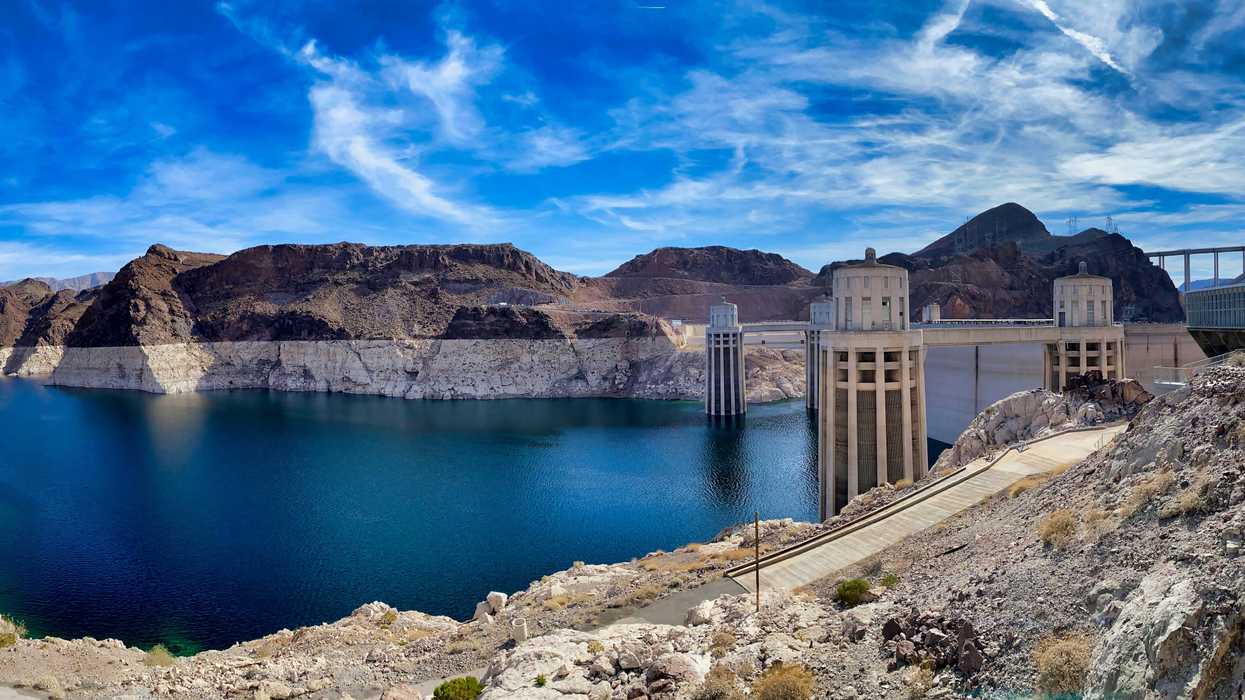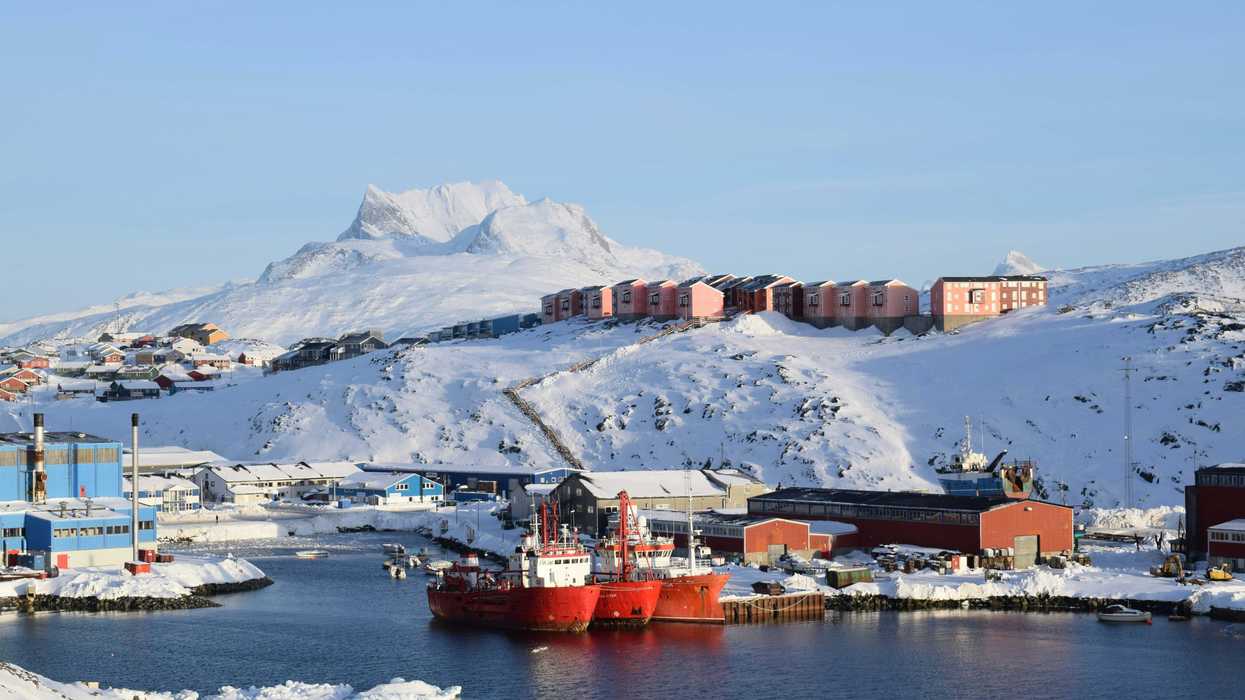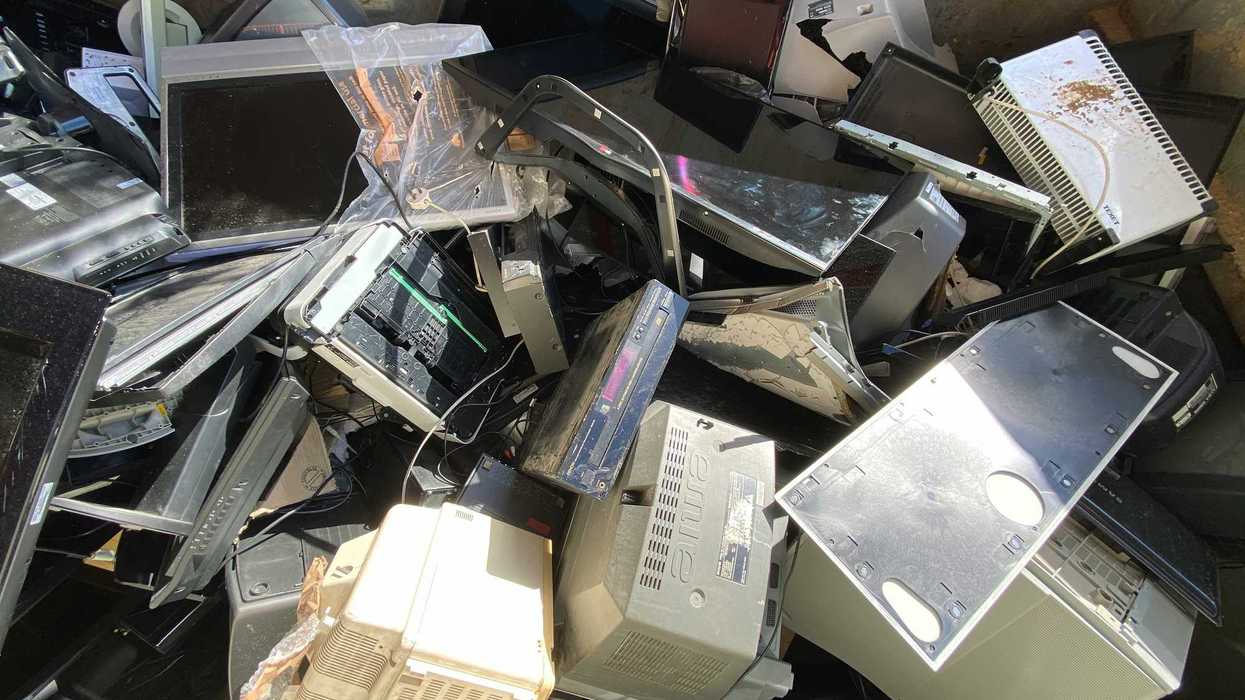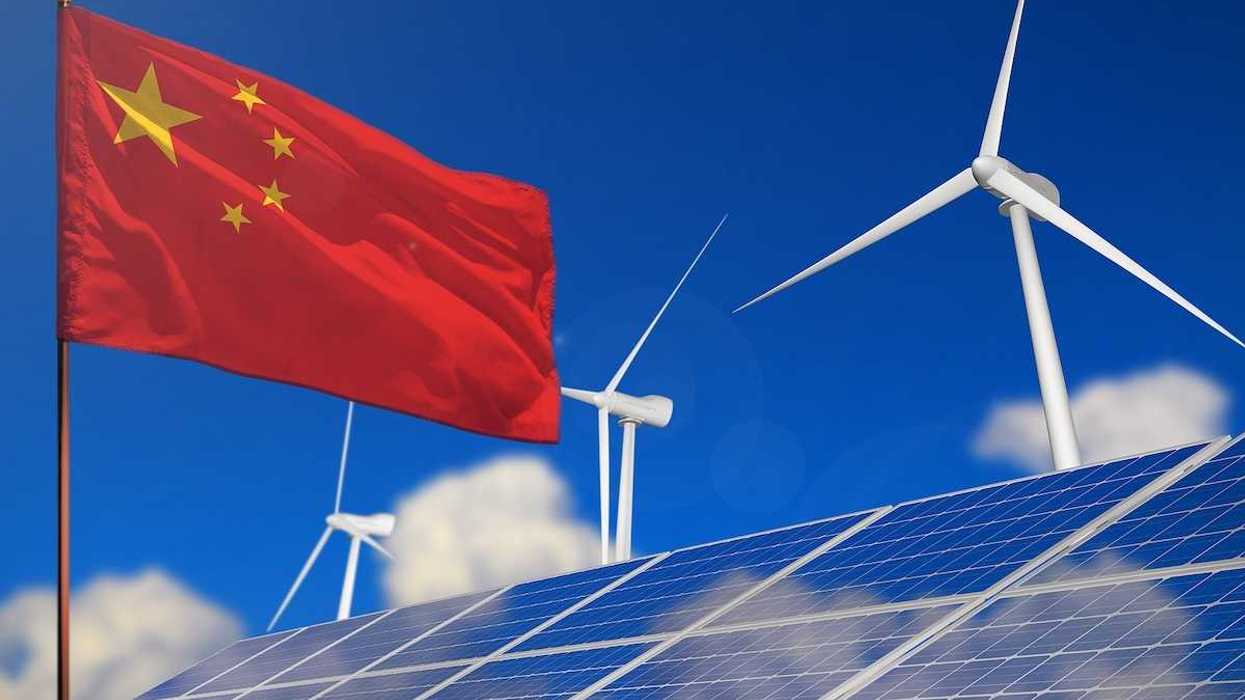European nations are importing renewable energy from Morocco and Egypt to meet their own climate goals, while leaving local populations dependent on fossil fuels and burdened with environmental damage, according to a Greenpeace report.
Damien Gayle reports for The Guardian.
In short:
- European-backed renewable projects in Morocco and Egypt prioritize energy exports, limiting domestic decarbonization efforts and displacing local communities.
- Egypt continues to import fossil fuels while using more polluting energy domestically to free up natural gas for European markets.
- Large-scale hydrogen investments in Morocco, backed by European firms, focus on exports rather than local energy needs.
Key quote:
“The Global North must take responsibility for reducing its own consumption and building domestic renewable capacity, instead of externalising socio-environmental costs to the Global South.”
— Hanen Keskes, campaigns lead at Greenpeace Middle East and North Africa
Why this matters:
Europe’s push for clean energy is shifting environmental burdens to North Africa, where water-intensive projects strain resources in already arid regions. While Europe benefits from reduced carbon emissions, local populations see little gain, relying on imported fossil fuels and suffering pollution from overdrilling. These dynamics reflect broader issues of environmental justice, where wealthier nations outsource ecological and social costs to less-developed regions.
Related: World Bank-backed project targets electricity access for 300 million in Africa





